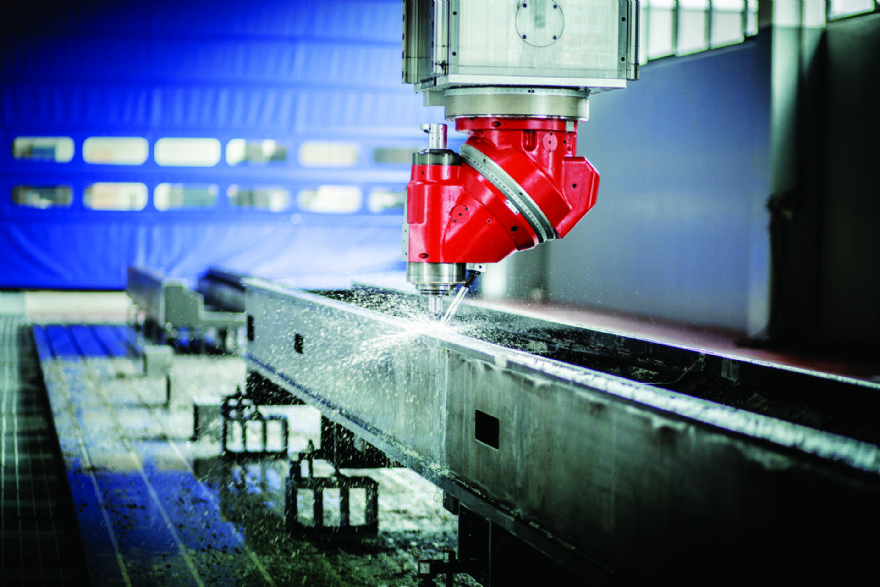
The UK manufacturing sector endured another challenging period in the quarter to October, with output and orders falling sharply, sentiment deteriorating and investment plans cut back sharply, according to the latest quarterly
Industrial Trends Survey published by the
CBI.
Manufacturing output fell in the three months to October — the downturn was broad-based across sub-sectors, but driven by metal products, metal manufacture and electronic engineering. Furthermore, firms expect output to fall again over the next quarter to January.
The volume of total new orders fell sharply through the quarter as domestic and export orders both fell at their fastest rates since the early stages of the Covid-19 pandemic in 2020. Levels of total and export order books remain well below their long-run averages, and manufacturers anticipate another drop in new orders over the next three months.
Cost pressures remain elevated, although growth in domestic selling prices has slowed and export prices have fallen, suggesting a squeeze on margins. Manufacturing competitiveness fell in all major markets.
Weak demandInvestment plans for the year ahead also fell across every category, held back by weak demand, inadequate net returns and shortages of internal finance. Investment in plant and machinery and buildings looks set to fall particularly sharply. The share of firms investing to expand capacity fell to a level last seen in the recessions of 2009 and the early 1980s. Meanwhile, employment fell at the fastest pace for five years.
Ben Jones, the CBI’s lead economist, said: “Manufacturers are finding the going tough. Order books are weakening, cost pressures remain stubbornly high, and uncertainty is rising ahead of the Budget. This is making businesses increasingly reluctant to commit to new hiring and investment.
“To get manufacturing moving again, firms need to see the government accelerate energy cost support. That will help address a significant factor crippling the sector’s competitiveness. The Chancellor must also commit to no further business tax rises at the Budget and to boosting resources for exporters that will help firms maximise trading opportunities while raising productivity and growth.”